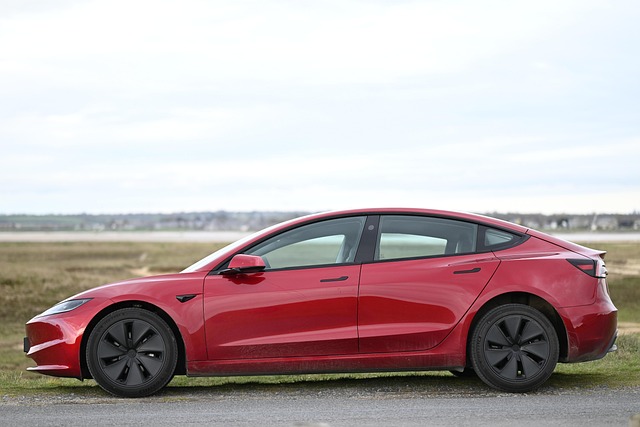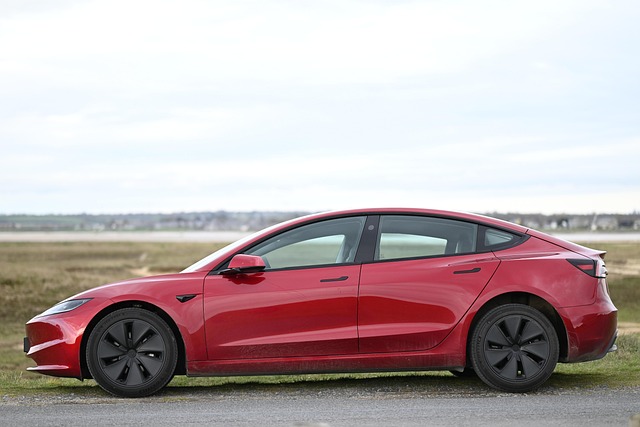As the world grapples with environmental challenges, the focus on sustainable transportation strategies has gained immense importance. Bicycles emerge as a beacon of hope, particularly in rural areas where sustainable transportation can significantly boost both the environment and local economies. Pedaling towards a greener future means embracing a mode of transport that not only reduces our carbon footprint but also connects communities in profound ways.
Transport sustainability in rural regions offers a unique opportunity to rethink mobility. Unlike urban centers, rural landscapes often experience limited public transport options, exposing residents to the challenges of isolation and increased dependence on fossil fuels. By integrating bicycles into the transport framework, we can create a viable alternative. Not only do bicycles produce zero emissions, but they also promote a healthier lifestyle, reduce traffic congestion, and enhance the resilience of rural communities.
Implementing sustainable transportation strategies in these areas can begin with developing bicycle-friendly infrastructure. This includes creating dedicated bike lanes, improving road safety, and ensuring that villages are interconnected through cycling routes. Local governments can partner with community organizations to promote cycling, organize events, and even create bike-sharing programs that make it easier for residents to access this eco-friendly transport option.
Moreover, integrating bicycles into local agricultural practices can yield significant benefits for rural development. Farmers can use bicycles to transport goods to markets, reducing the reliance on motor vehicles while cutting down transportation costs. This can lead to a more sustainable approach to agriculture, minimizing emissions associated with the supply chain. Additionally, the promotion of cycling can stimulate local economies by boosting tourism, as cyclists seek scenic routes and local attractions.
Education plays a crucial role in fostering a culture of cycling in rural communities. Workshops can be organized to teach residents about bicycle maintenance, safety, and the environmental benefits of cycling. Schools can incorporate cycling into their physical education programs, instilling a sense of adventure and responsibility toward the environment in younger generations.
Moreover, sustainable transportation strategies extend beyond bicycles. Integrating bike transport with public transportation, such as trains or buses that accommodate bicycles, can provide a seamless experience for rural residents. This dual approach promotes accessibility and ensures that everyone can benefit from the shift towards greener transportation.
In the journey towards a sustainable future, rural communities have a significant role to play. By embracing bicycles as a primary mode of transportation, they can mitigate climate impacts and promote healthy lifestyles. The change may start small, with individuals opting for bikes over cars, but collectively, these decisions can lead to significant progress towards comprehensive rural development. Pedaling forward, we can cultivate a sustainable transportation ecosystem that enriches the lives of rural inhabitants while safeguarding our planet for generations to come.




